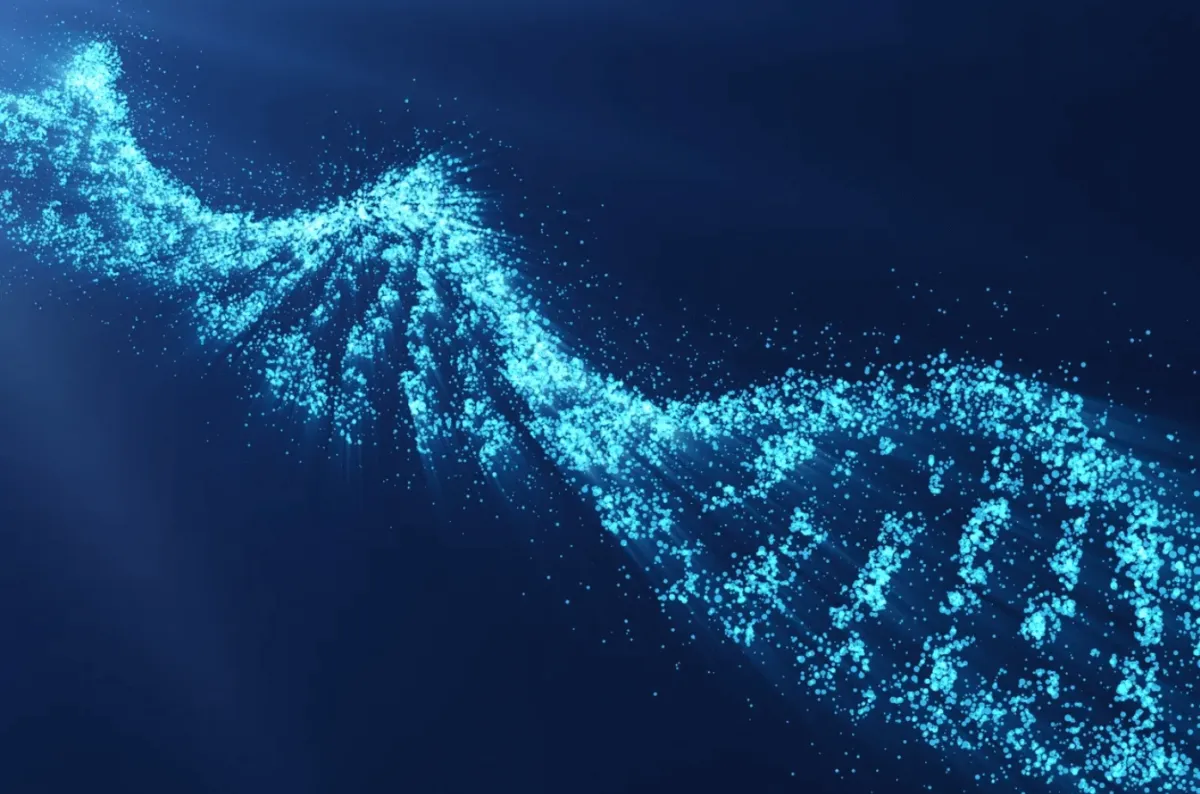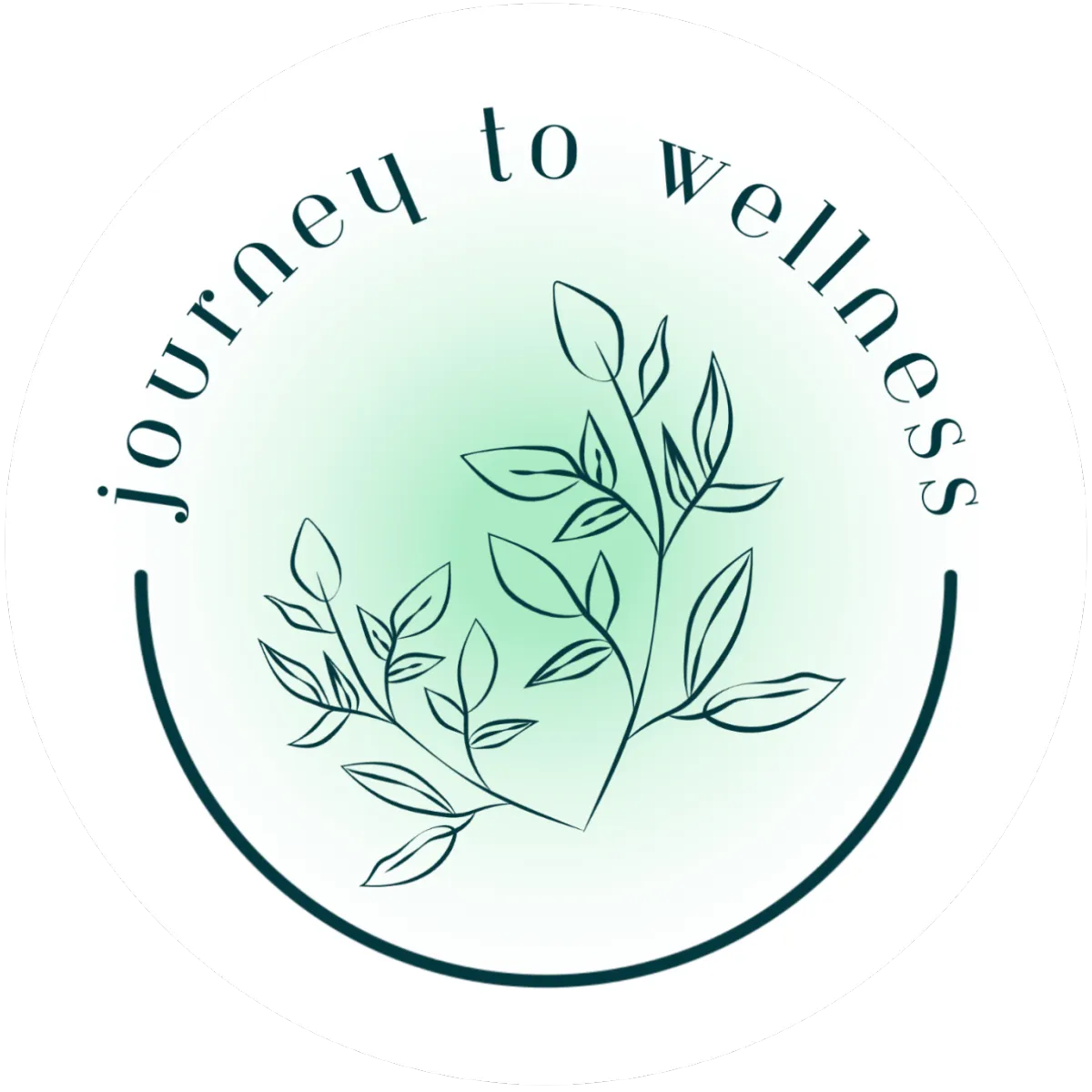Blog

Your Genes Do Not Have to Define Your Future
A recent cohort study followed the data from 500,000 individuals aged 37-73 for 4 years to assess how lifestyle choices in individuals with genetic risk factors related to their development of cancer. There has been some evidence strongly suggesting healthy lifestyle choices reduces the risk of breast and colorectal cancers even in individuals with a genetic predisposition, but the research has not been as clear on other types of cancer. The researchers in this study assessed how healthy lifestyle influenced the development of 13 different types of cancer, including breast and colorectal cancers. The results found that unhealthy habits increased the overall risk of cancer by 32%. (1)
There are a handful of well-known genetic mutations associated with an increased cancer risk. BRCA1 and BRCA2 are the most commonly affected genes in hereditary breast and ovarian cancers. Normally these genes help to protect individuals from developing breast and ovarian cancers but if they are mutated and do not work properly, this increases the risk of developing breast and ovarian cancers. Lynch Syndrome (also known as hereditary non-polyposis colorectal cancer) is the most common cause of hereditary colon cancer in people under 50 although it does not only increase an individual’s risk of developing colon cancer. Lynch Syndrome also increases an individual’s risk of uterine, stomach, liver, kidney, brain, skin, and ovarian cancers, to name some of them.
I am a naturopathic physician with a focus in naturopathic, complementary oncology. I have been training with Dr. Cynthia Bye, ND, FABNO (Fellow of the American Board of Naturopathic Oncology). Dr. Bye is the only FABNO practicing in southwest Washington and has been working primarily with cancer patients for 20 years. I take a 3 phased approach when working with cancer patients. In Phase 1, I investigate all possible causative factors by taking a “head to toe” approach and I spend a significant amount of time delving into a patient’s history. I connect the dots to determine what factors in a patient’s history increase their risk of cancer. Cancer is a multifactorial process, and many things have to come together to allow cancer to develop and grow. Once causative factors have been identified, I work with patients to treat the things that allowed cancer to grow. In Phase 2, I help patients going through cancer treatment with well-researched protocols. These evidenced-based protocols reduce side effects without interfering with the treatments and tie up circulating tumor cells to reduce the risk of metastasis. It is important to work with someone who is trained in naturopathic oncology as many things can interfere with treatment. This can be dangerous if you do not know what you are doing. Some herbs and supplements can reduce the effectiveness of the treatment and make side effect effects worse. Finally in Phase 3, I help cancer patients recover from treatments and work with them to minimize the multiple driving factors of cancer. In those with no evidence of disease, I support patients to reduce their recurrence rates. For patients with residual disease, I work with them to slow down the cancer process and improve quality of life.
For anyone who has a genetic risk or is looking to decrease their risk of cancer, I only do Phase 1 with them to identify those causative factors and work with them to make positive lifestyle changes to help them decrease their risk. Your genetics don’t have to define your future because they are only one piece of a much larger puzzle. There are many ways to mitigate your risks so you can decrease your risk even if you have a genetic predisposition to developing cancer. I work with my patients to teach them how to take care of themselves. I work with cancer patients, families of cancer patients, and anyone wanting to decrease their risk of developing cancer.
Yours in Health,
Dr. Charissa Bausch
1. Healthy lifestyle, genetic risk, and incidence of cancer: A prospective cohort study of 13 cancer types. Stephanie Byrne, Terry Boyle, Muktar Ahmed, Sang Hong Lee, Beben Benyamin, ElinaHyppönen. medRxiv 2021.12.07.21267341; doi:https://doi.org/10.1101/2021.12.07.21267341

